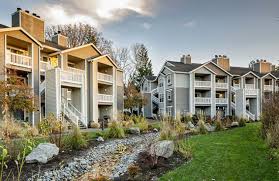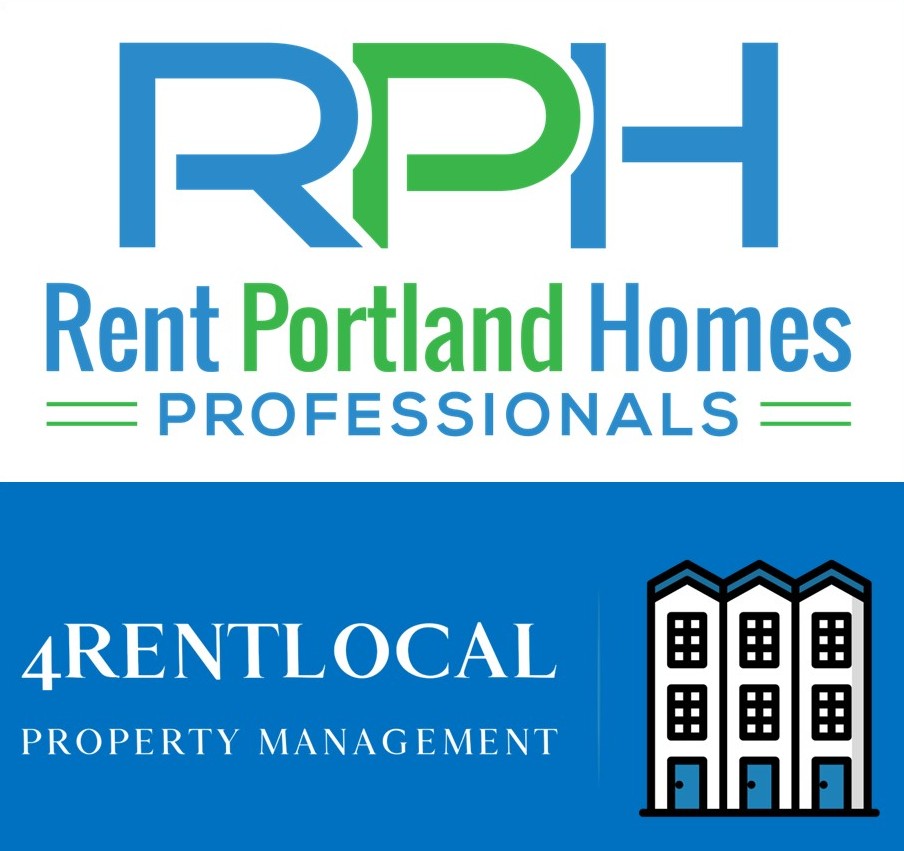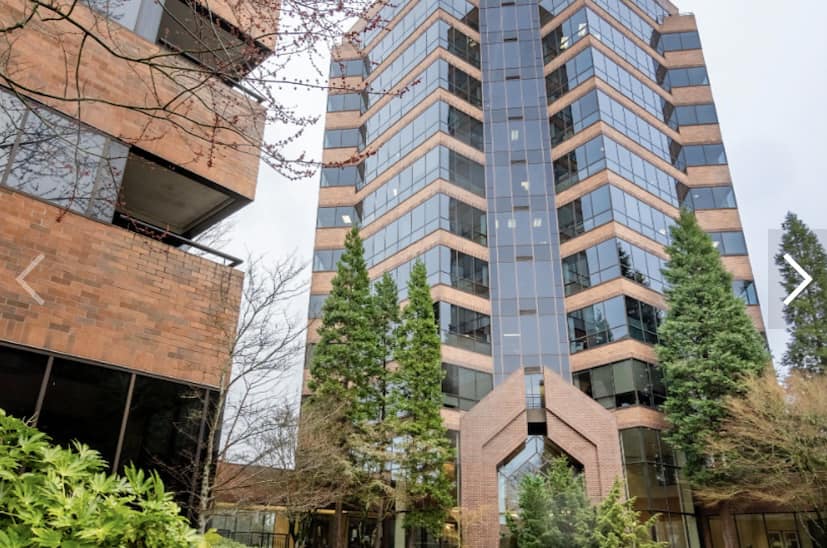What If a Tenant Doesn’t Move Out in Time?
One of the most common issues that landlords face is a tenant who doesn’t move out when their lease is up.
This can be a stressful and frustrating situation for any landlord, especially if they have new tenants lined up to move in.
However, it’s important to know that there are legal steps you can take to protect your rights and ensure that you can regain possession of your property.
In this article, we’ll explore what you can do if a tenant doesn’t move out in time, and provide you with some practical tips to help you navigate this situation with confidence. So, whether you’re a seasoned landlord or a first-time property owner, read on to find out what your options are when faced with this common rental challenge.

Understanding Tenant Rights and Leases
Before we dive into what you can do if a tenant doesn’t move out on time, it’s important to understand the legal rights and responsibilities of both landlords and tenants. Under most lease agreements, tenants have the right to occupy the property until the lease term ends. However, if a tenant doesn’t move out when their lease is up, they are technically in violation of the lease agreement and can be considered a holdover tenant.
As a landlord, it’s important to ensure that your lease agreement clearly outlines the terms and conditions of the tenancy, including the start and end dates of the lease term, the amount of rent, and any other rules and regulations that tenants must follow. By having a well-drafted lease agreement, you can protect your rights and minimize the risk of disputes with tenants.

Reasons Why a Tenant May Not Move Out on Time
There are several reasons why a tenant may not move out on time, even if they have been given proper notice. Some of the most common reasons include:
1. Financial difficulties
If a tenant is experiencing financial difficulties, they may not be able to afford to move out or find a new place to live. In some cases, landlords may be willing to work out a payment plan with tenants or offer other forms of assistance to help them get back on their feet.
2. Personal issues
Sometimes, tenants may have personal issues that prevent them from moving out on time, such as health problems or family emergencies. In these situations, it’s important to be understanding and work with the tenant to find a mutually agreeable solution.
3. Dispute with the landlord
In some cases, a tenant may refuse to move out due to a dispute with the landlord over repairs, maintenance, or other issues. In these situations, it’s important to try to resolve the dispute through communication and negotiation before taking legal action.

Steps to Take if a Tenant Doesn’t Move Out on Time
If a tenant doesn’t move out on time, there are several steps you can take to regain possession of your property. Here are some of the most common steps that landlords take in these situations:
1. Send a notice to vacate
The first step in the process is to send a notice to vacate to the tenant. This notice should inform the tenant that their lease has expired, and they are required to move out by a certain date. The notice should also inform the tenant of the consequences of not moving out, such as legal action or eviction.
2. File for eviction
If the tenant doesn’t move out after receiving the notice to vacate, the next step is to file for eviction. This process involves going to court and obtaining an eviction order, which gives the landlord the legal right to evict the tenant and regain possession of the property.
3. Hire a process server
To ensure that the eviction notice is properly served to the tenant, landlords may need to hire a process server. This is a professional who is authorized to serve legal documents and ensure that the tenant receives proper notice of the eviction proceedings.
Eviction Process and Legal Action
The eviction process can be time-consuming and costly, so it’s important to understand the legal requirements and procedures involved. In most cases, landlords will need to file a complaint with the court and attend a hearing to obtain an eviction order.
If the court grants the eviction order, landlords can then proceed with the eviction process, which typically involves hiring a sheriff or other law enforcement officer to remove the tenant and their belongings from the property. It’s important to note that landlords cannot take matters into their own hands and attempt to evict the tenant without a court order, as this can result in legal action and potential liability.
Working with a Lawyer or Property Management Company
If you’re facing a situation where a tenant isn’t moving out on time, it may be helpful to work with a lawyer or property management company. These professionals can provide you with legal advice and guidance, as well as help you navigate the eviction process and ensure that your rights are protected.
A property management company can also help you manage your rental property more efficiently, from finding and screening tenants to handling maintenance and repairs. By working with a professional property management company, you can minimize the risk of disputes with tenants and ensure that your property is well-maintained and profitable.
Potential Consequences for Landlords Who Take Matters into Their Own Hands
As mentioned earlier, landlords need to follow the proper legal procedures when dealing with a tenant who doesn’t move out on time. Attempting to evict a tenant without a court order or taking other illegal actions can result in serious consequences, such as fines, legal action, and damage to your reputation as a landlord.
It’s important to remember that as a landlord, you have certain rights, but you also have certain responsibilities to your tenants. By following the proper procedures and treating your tenants with respect and fairness, you can minimize the risk of disputes and ensure that your rental property is a profitable and successful investment.

Prevention Methods for Future Tenants
While dealing with a tenant who doesn’t move out on time can be stressful and frustrating, there are steps you can take to prevent this situation from happening in the future. Here are some tips to help you avoid tenant holdovers:
1. Screen tenants carefully
One of the best ways to avoid disputes with tenants is to screen them carefully before allowing them to move in. This includes conducting background checks, verifying employment and income, and checking references from previous landlords.
2. Communicate clearly
It’s important to communicate clearly with tenants throughout the tenancy, including the move-in and move-out process. Make sure that tenants understand the terms and conditions of the lease agreement, as well as any rules and regulations that they must follow.
3. Offer incentives
Consider offering incentives to tenants who move out on time, such as a refund of their security deposit or a discount on their rent. This can encourage tenants to comply with the lease agreement and minimize the risk of holdovers.
Resources for Landlords Dealing with Tenants Who Don’t Move Out on Time
If you’re dealing with a tenant who doesn’t move out on time, there are several resources available to help you. These include:
1. Legal aid organizations
Many cities and states have legal aid organizations that provide free or low-cost legal advice and representation to landlords and tenants.
2. Landlord associations
Joining a landlord association can provide you with access to resources and support, as well as opportunities to network with other landlords and property owners.
3. Property management companies
Working with a property management company can help you navigate the eviction process and ensure that your rental property is well-managed and profitable.
Conclusion
Dealing with a tenant who doesn’t move out on time can be a challenging situation for any landlord. However, by understanding the legal rights and responsibilities of both landlords and tenants and following the proper procedures, you can protect your rights and ensure that you can regain possession of your property. Whether you’re a seasoned landlord or a first-time property owner, the tips and resources in this article can help you navigate this common rental challenge with confidence.

For more property management tips, or to speak with us about the property management services we can offer you, contact us today by calling (503) 447-7788 or click here to connect with us online.




































